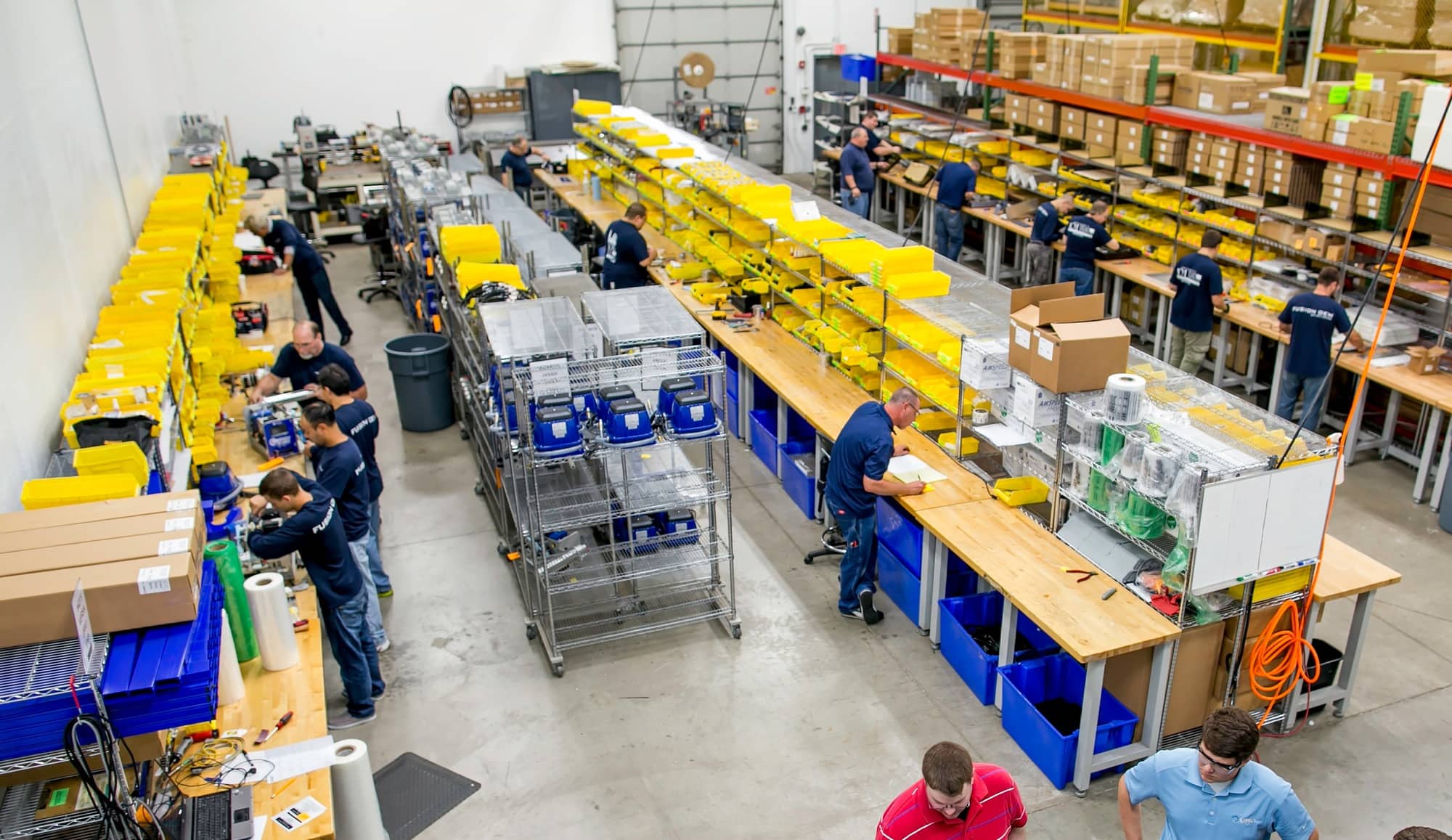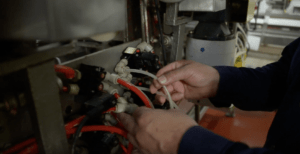In any job interview coming up, you will likely be asked that dreaded question, “What is your greatest weakness?”
Your answer to this question can actually make or break your continued candidacy for the position.
Now, you do have weaknesses, let there be no doubt! So, first off, don’t answer that you can’t think of any weaknesses. It will make you come across to the interviewer as overly confident, or perhaps as blind to your flaws, and therefore inflexible in working situations. Not good.
First and foremost, prepare a response before you show up for the job interview; don’t try to improvise on the spot! While preparing, keep in mind both the job requirements and the needs of the employer. Preparation can take research and a lot of thought; the answer is not obvious, even to you. But there are things you can do to help you keep it honest and effective, and simultaneously show the interviewer that you’re the person for the job.
Don’t Humblebrag
Avoid sounding over-confident, arrogant or like a braggart when you answer the dreaded question. Don’t say, for example, “I work too hard.” Guess what? The interviewer will see right through that little self-pat-on-the-back. People call that a “humblebrag,” and research shows that humblebragging can backfire. But, apart from the psychology of humblebragging, there are other reasons not to use that approach.
First, the interviewer is sick of hearing that answer from all the “clever” job-seekers who say it.
Second, working “too hard” is not necessarily a negative from the employer’s point of view! Such a statement will look insincere, and as if you are covering up other, real weaknesses.
Third, if you try to make it sound even better by saying “I used to work too hard, but I learned that it is more important that I work smarter,” that might backfire, too. Didn’t your instincts tell you in the old days that working smart is critical, and that working hard is what everyone is expected to do? And if you couldn’t manage your time well enough then to achieve work/life balance, perhaps the employer will see you as unable to balance the demands of a busy, complicated job.

It’s About Professional Growth
The question about your greatest weakness, as dreaded as it may be when you are preparing for the interview, is actually your opportunity to share your very own professional growth story: how you’ve overcome a professional challenge and become a better person (and better potential employee) in so doing.
The key is to reveal something true about your previous professional self that you realized was a bit of a negative, and how you turned it into a positive. Give examples of what you did to overcome it.
Concentrate on professional, not personal traits. For example: “Always tending to see the big picture, I sometimes overlooked minor details, until I learned to always have a strong “details” person on my team.”
Another example of a good answer would be: “I tend to be naturally outgoing, but used to be nervous about cold-calling. I enrolled in a professional seminar on the topic. It really put the concept in perspective, gave me ideas on how to think of it and approach it. Over time it became less and less of a problem for me.”
Confessions of a workNet Career Counselor
Zhavonne Haynes, Career Counselor and Workshop Facilitator in the DuPage County Workforce Development Division, located at the workNet DuPage Career Center in Lisle gives her own example of a response to the “weaknesses” question, from personal experience: “I have a hard time delegating my work to others. I know how I would do the work. I don’t know how the other person will do it,” Haynes says. “It’s hard to know their level of competency and commitment. I have to remember that someone trained and trusted me in the past and now I have to train and trust another person. It’s hard for me to let go yet I know I have to in order for that person to grow, and for me to get more done.”
Haynes recommends looking at how to use a strength in your experience to balance the weakness you present; this can help show that you have what it takes to do the job, and just need a little more experience or training in one aspect of it.
You might also give an example of a weakness that won’t directly impact your performance on the job for which you are interviewing. For example, if you are applying for a nursing job, you might share that you are not particularly adept at conducting group presentations (probably not a big part of a nursing position, if one at all.) In this case it will be critical to underscore your strength in one-on-one communication with patients, staff and doctors.
Show That Your Weakness is Not an Issue
Be sure to reveal your weaknesses in terms of how you’ve turned them around or compensate for them to positively impact the employer.
When discussing your weaknesses, don’t focus on making yourself look good, but on how you can contribute positively to the employer.
And make sure you treat most of the weaknesses you might choose to mention as primarily in the past. An exception would be if the weakness is a skill that could be fairly easily acquired because of your strengths. For example, “I’ve successfully used Excel for years, but I’d like to have the opportunity to use more formulas and work on more complex spreadsheets.”
Avoid Drama About Your Greatest Weakness
Your answer should be professionally focused and as concise as possible. Avoid dramatic details such as “I care too much,” or, “I give too much.” Such retorts will make you look like you don’t have professional boundaries, for example. They might also make you look like a martyr, or like you spend a lot of time helping people with their personal problems on the job. I’m sure you can think of other ways such answers might backfire.

The Positive of Your Negative
The way you answer the question, “What is your greatest weakness?” can say enough about you to help tip the scales in your favor. Be honest and open, and don’t try any tricks. Just accentuate the positive of your negative. It’s not simple, but it is worth the time to come up with a good answer – your ability to answer that question may keep you in the running for a job!
NEED HELP WITH YOUR JOB INTERVIEW SKILLS?
workNet DuPage can help job seekers prepare for their job interviews with one-to-one assistance and support, and a variety of workshops.






